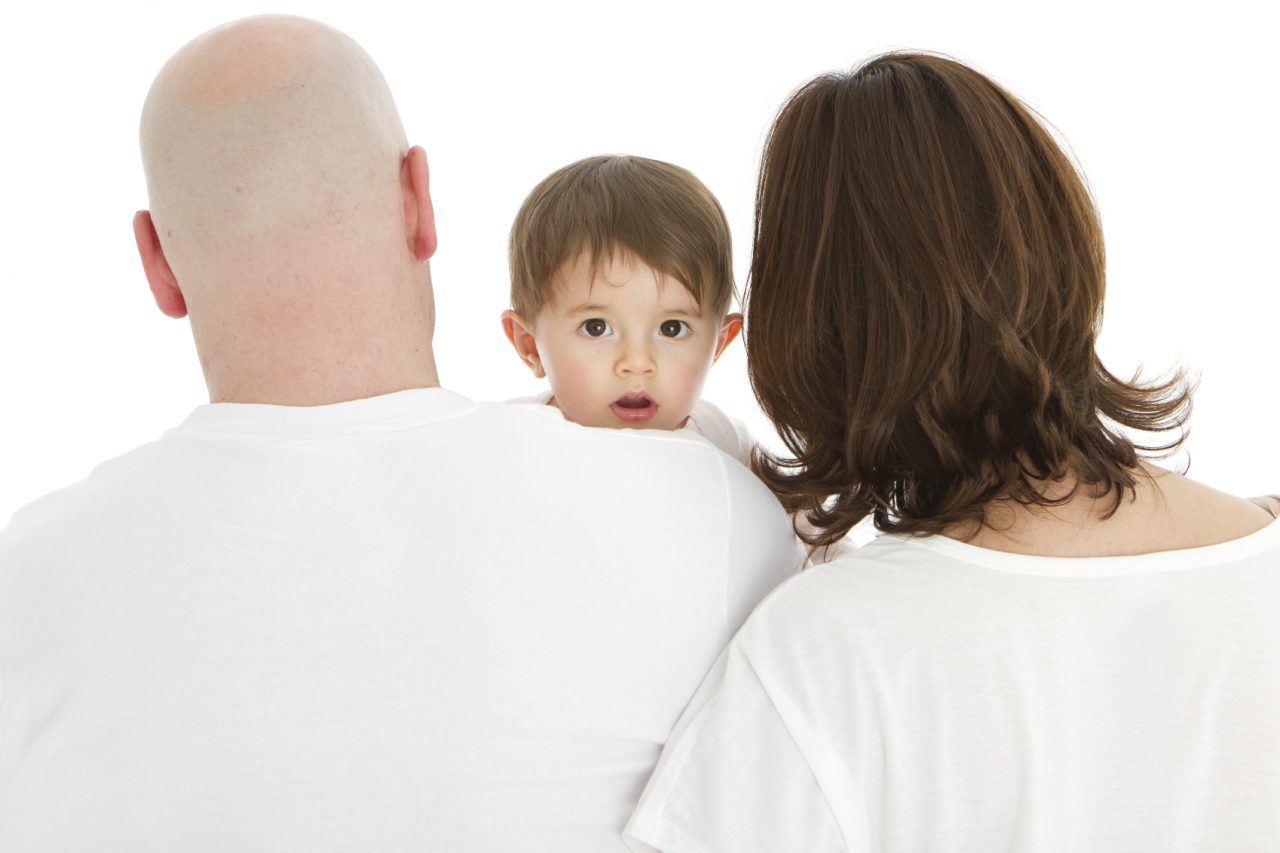Why are young adult children emancipating so much later than they did in 1970, when the average age of male emancipation (independent living, paying one’s own bills) was 21? Why do significant numbers of college professors and even employers complain about parents of young adult students/employees confronting them over, respectively, bad grades and workplace issues? Why have reduced class sizes and increased per-pupil expenditures not resulted in higher academic achievement levels? Why is the mental health of today’s kids so poor when compared with that of children in the 1960s and before? Why has school phobia, test anxiety, and separation anxiety become so problematic in early elementary-age populations, when those problems were extremely rare fifty-plus years ago? Why do today’s parents become defensive when told by teachers that their children have misbehaved in school?
The answer is in two words: parent involvement. Those two words summarize the difference between “old” child rearing and nouveau, post-1960s parenting. Prior to the psychological parenting revolution of the late 1960s and early 1970s, parents were not highly involved with their kids. They supervised well and were available in case of crisis, but they stood a safe distance from their kids and allowed them to experience the inestimable benefits of the trial-and-error process. They gave their children long ropes and made them lie in the beds they made and stew in their own juices. It was the child’s job, back then, to keep his or her parents from getting involved. That was how children learned to be responsible and sturdy.
Today’s parents, by contrast, give short ropes, lie in their children’s beds (literally!), and stew in their children’s juices. They organize their children’s games, social lives, and after-school activities. They help their kids with homework, help them study for tests, mediate their conflicts with peers, and, well, get involved. This is a sure-fire recipe for kids who are not sturdy. These are parents who are confused when it comes to an understanding of their purpose in their kids’ lives. Their involvement leads them to personalize everything that happens to their kids; thus, the defensiveness. But given that schools and mental health professionals have been pushing parent involvement for nearly four decades, the confusion and defensiveness are understandable.
Researchers at Duke and the University of Texas analyzed three decades of data pertaining to parent participation in children’s academics. Their conclusions confirmed what I’ve been saying since the 1980s: parental help with homework lowers a child’s academic achievement and is not reflected on standardized tests.
I propose that the same relationship between parent participation and child success is true no matter the context. Parents who manage a child’s social life interfere with the development of good social skills. Parents who manage a child’s after-school activities grow kids who don’t know how to fill their own free time. Parents who get involved in their kids’ conflicts with peers grow kids who don’t know how to avoid much less solve conflict.
These unsturdy kids have anxieties and fears of all sorts and don’t want to leave home. And their parents, when the time comes, don’t know how to stop being parents.









